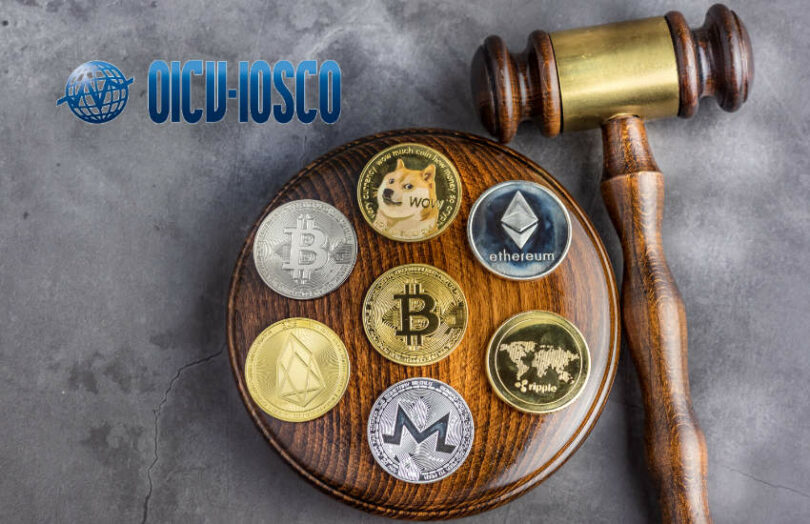Today the International Organization of Securities Commissions (IOSCO) published its proposed standard for crypto regulation. It started a consultation that will be accessible to the public until the end of July.
The standard makes 18 recommendations for crypto-assets across six categories, including stablecoins. The first recommendation is that crypto regulations achieve the same or consistent outcomes as traditional market regulations.
IOSCO wants to “encourage optimal consistency in the way cryptoasset markets and securities markets are regulated within individual IOSCO jurisdictions, in accordance with the principle of ‘same activities, same risks, same regulatory outcomes’.'”
On the one hand, several recommendations target market integrity, such as conflicts of interest by service providers. The report notes that while crypto asset services providers (CASPs) are often referred to as crypto exchanges, they provide several services and frequently are dealers, brokers, or both rather than exchanges. Other market integrity recommendations relate to market manipulation, insider trading and fraud, as well as cross border risks.
“Crypto-asset service providers need to address unacceptable conflicts of interest and take far more seriously the right of clients to have their monies and assets carefully minded and accounted for,” said LIM Tuang Lee, Chairperson of the IOSCO Board-Level Fintech Task Force. “It is time for Regulators to work together across borders and various jurisdictions to ensure that investor protection and market integrity are upheld in crypto-asset markets.”
For investor protection, there are suggestions about custody and protecting client assets, addressing operational and technology risks, as well as the suitability of retail distribution and providing sufficient information to clients.
One of the concerns is the direct nature of crypto markets. Most crypto owners don’t go through brokers but access the crypto exchange directly. And the exchanges frequently don’t provide investor protection, nor is there any recourse. Hence the frameworks should target advertising and crypto exchanges should adequately assess their clients’ awareness of the risks involved.
Regarding stablecoins, several additional recommendations are made. This includes that the crypto exchange must disclose details to holders, including whether the holder has a direct claim against the stablecoin issuer and whether any redemption is direct or indirect.
The final crypto report is targeting publication at the end of the year. In 2021, IOSCO published a consultation on global stablecoins and is planning another paper on DeFi in Q3 of this year.






